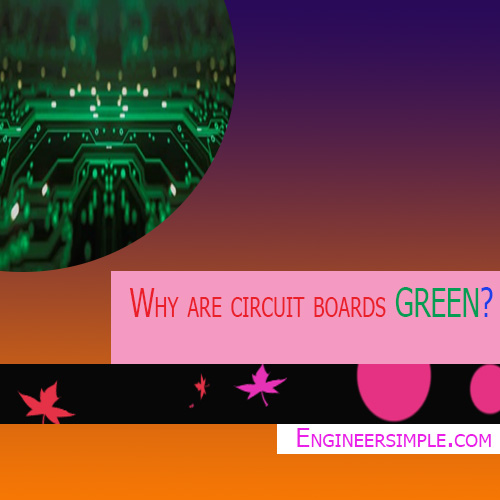Transportation Electrification is a Paradigm Shift
TRANSPORTATION ELECTRIFICATION IS A PARADIGM SHIFT
The combination of newly electrified mobility with emerging renewable energy systems entails a future unrecognizable to many contemporary motorists, travelers, public transit users, and policymakers. However, fundamental transformations such as the ones we are proposing with Transportation 2.0 are not without precedence transportation-Electrification-is-a-Paradigm-Shift.
Consider the revolution
Consider the revolution in telecommunications technology that has occurred over the past century. The Communications 1.0 paradigm started with Alexander Graham Bell, who helped to develop direct home-to-home communication lines and later home-to-network and business-to-network telephony systems. While the shift to electrically power telegraphy and telephony liberated people from the slowness of letter-writing and horse-power postal telegraphs, early telegraphs and telephones were highly limit in their scope and reach.
The shift away from human operators
The shift away from human operators of phone lines to digitized communication signals has ushered in an era of virtual networking, digitized communications, and global interconnectivity. This telecommunications revolution has had far-reaching effects on human behavior. It has created deep-seated cultural norms unbeknownst to previous generations.
For example, the ability to call someone overseas from a hand-held mobile device and to view the real-time video of that person (who might themselves be on a mobile device in, say, a remote region of the world) has become second nature to many of us Transportation-Electrification-is-a-Paradigm-Shift.
We barely think of the novelty of the situation. Similarly, the ability to post a message to a public-messaging site such as Twitter.com where hundreds of thousands and even millions of people can view it immediately and engage in a conversation or action based on the posting is incredible; yet, it seems a standard practice these days Transportation-Electrification-is-a-Paradigm-Shift.
Instantaneous, digitized, and dynamic communication systems
Instantaneous, digitized, and dynamic communication systems would have been inconceivable for Graham Bell and his contemporaries just a century ago. But, digitize telephony, wireless and mobile telephony, smartphones, and integrate Internet and communication services are a natural part of twenty-first-century life.
Maintenance of these systems
Maintenance of these systems is also seemingly unproblematic, even though they require new behavioral patterns. Today, most mobile phone users do not think twice about plugging their mobile phones into sockets at night to charge; so, they can be use anywhere anytime the following day. Yet, just 30 years ago, citizens of eastern bloc states and developing economies still had to walk to local village shops to use single-community telephone lines to communicate with the outside world Transportation-Electrification-is-a-Paradigm-Shift.
Digitized communications have changed the world fundamentally, even though it all seems so natural now.
The same could be said of the Transportation 2.0 paradigm. Whether it is the practice of plugging in an EV for overnight charging, communicating with local road infrastructure to optimize transportation routes for commuters, or measuring dynamic demands on a grid system to manage energy needs and automate discharge cycles for cars as storage devices, the Transportation 2.0 world will involve a radical shift away from current practices. Yet, it will also constitute a natural pathway for social existence in a sustainable world Transportation-Electrification-is-a-Paradigm-Shift.
Transportation 2.0
Transportation 2.0 will change the way we transit, it will change the way we transport goods, and it will alter our personal behavior. The end result will be an interconnected world of highly efficient, clean, and electrified transportation. By the time it happens, it will seem as though the polluting, inefficient, insecure, disconnected, and cumbersome world of ICE-powered transportation was a relic of the past best left to the last century.
It is important to note that although transportation electrification is a clear paradigm shift and, therefore, a revolutionary force in itself, it is going to happen over time due to the size, complexity, and multidimensional nature of the transportation and energy systems. This paradigm shift has already begun and is gaining momentum. It includes different electrification technologies from more electric and lightly hybridized vehicles with low electrification levels, to full hybrids with medium electrification levels, to plug-in hybrid and all EVs with high electrification levels.

.png)


.png)

